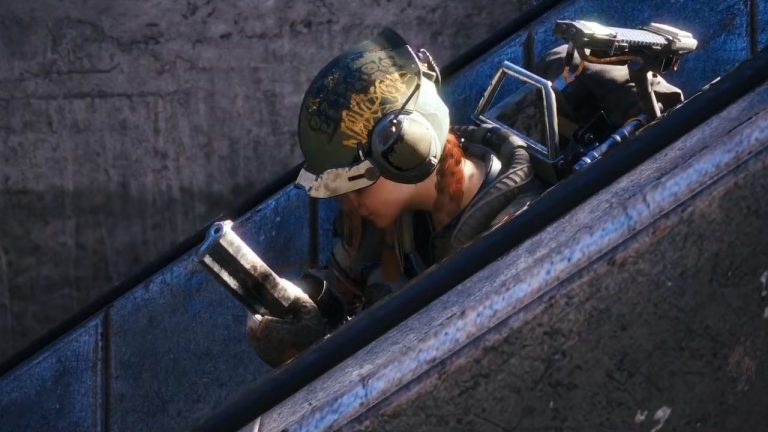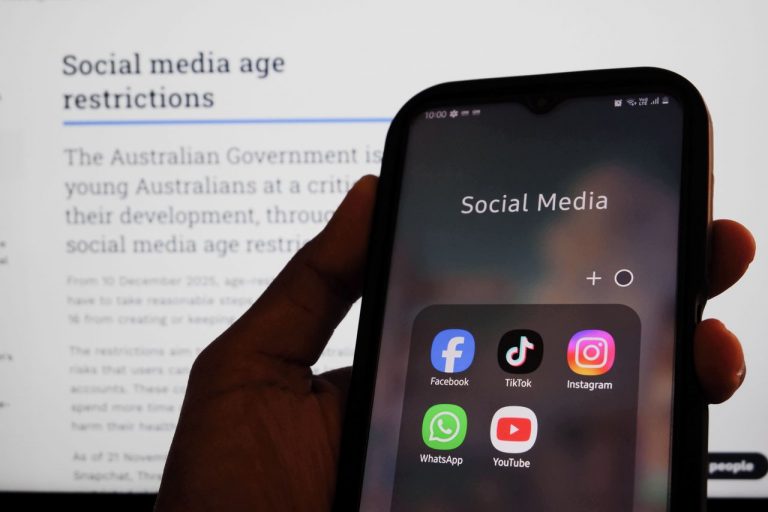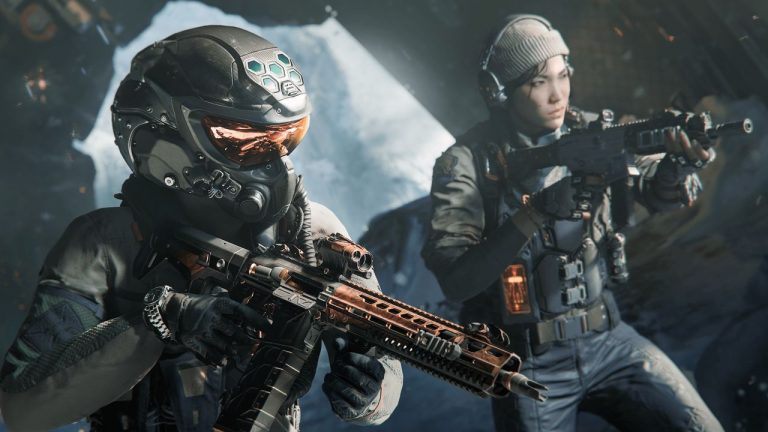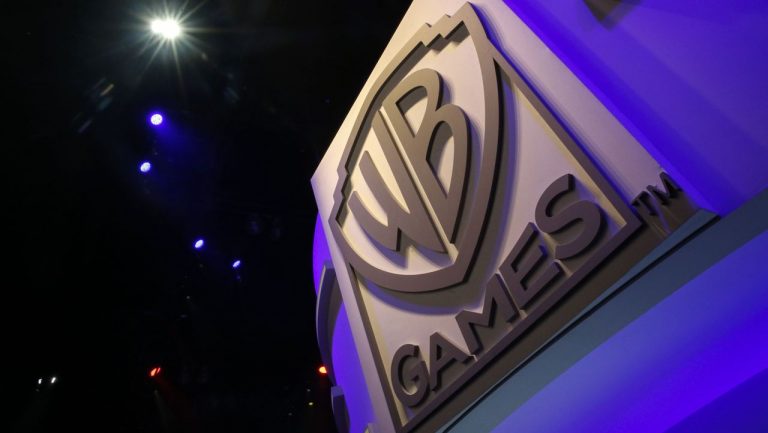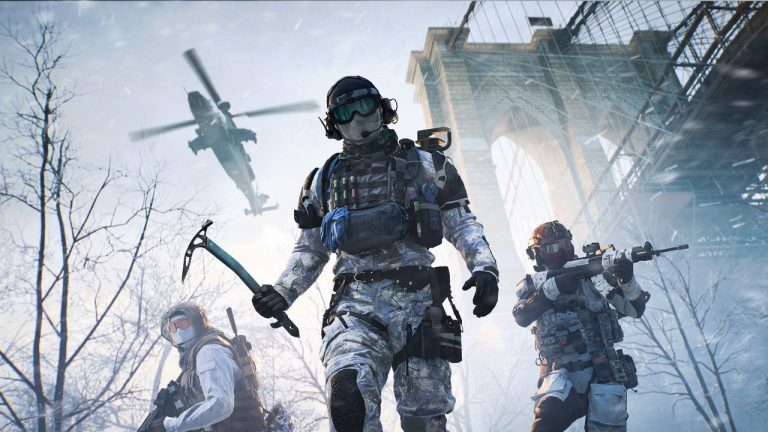This is the fallout of the SAG-AFTRA strike for ol’ Riot: As announced on the studio’s X account earlier this week, the Riot Games will “be temporarily using existing (base) VO for some English-language skins in League of Legends & Wild Rift. Other languages will still have custom VO. Once the strike ends, we’ll record new VO with the original actors.”
For context, the actors union has been taking action over a lack of AI protections for voice actors since July. In September, this strike extended to League of Legends, though Riot maintained its (relative) innocence.
See, Riot Games uses Formosa Interactive for its US voiceover work. Formosa is the named company that SAG-AFTRA was targeting by selecting League of Legends for strike action, rather than any named transgressions from Riot itself. That’s not to sanitise Riot, mind—it has still chosen to continue its working relationship with Formosa, despite claims it “asked Formosa to engage with Union performers in the US”. Still, Formosa seems primarily at fault for dragging its feet regarding AI protections.
An announcement on Riot’s website goes into further detail: “During the strike, we’ll have to adjust how we handle English-language VO for certain skins to ensure we can still deliver new content. For League PC skins for champions with U.S.-based voice actors, we’ll temporarily use existing voiceovers (base VO) instead of recording new lines with different actors. While Wild Rift is not a struck video game, if actors decline projects with us because they are standing in solidarity during the labor strike, we will ship with base VO.
“Once the strike ends, we’ll update skins released with English base VO to include new lines recorded by the original actors, as soon as scheduling and studio availability allow. We know this isn’t ideal, and we understand it’s frustrating to have to wait for custom VO, but this approach lets us respect the ongoing strike while continuing to deliver new content. We’re committed to bringing you updated VO with the quality you expect as soon as we can.”
This tactic has drawn ire from some voice actors already—see, SAG-AFTRA has interim agreements that companies can sign, allowing performers to “render services on that specific production without being in violation of the strike order.” Some believe the move as Riot weaseling its way out of that potential solution.
Anairis Quinones, who voices characters in Genshin Impact and Honkai: Star Rail, as well as Kimberly in Street Fighter 6, writes: “Let’s translate the marketing shall we? They don’t want to sign the contract that would protect and promise their VAs won’t be used for AI, and would rather starve them thru the holidays and wait for them to stop striking.” She’s certainly not alone, and the quote posts are a minefield of voice actors and their supporters calling for Riot to sign on the dotted line.
Now, you could make the argument that Formosa Interactive is once more at fault, here, and that Riot is simply doing the best it can—but while I’ve reached out to Riot Games to hear its exact reasoning from the tap, Quinones also answers this directly in a separate thread:
“The recording studios they work with are at the behest of their client; if Riot wants to sign the interim contract that protects VAs, the studio will make it happen. If they don’t, the studios won’t. And if it’s the studio that’s going against the company’s wishes, then they would just go to another studio—and no studio wants to lose a major client like Riot.”
Essentially, the counter-argument—not unfairly so—states that Riot does have a heck of a lot of pull here, and it’s strange it’s not leveraging it on behalf of its voice talent. Even in a best-case scenario, this is a half-measure. It’s a little better than Call of Duty just quietly recasting actors (and potentially using AI), but still, nobody gives out ‘not as much of an asshole as you could have been’ awards. I’ll update this article if I get a response from the studio itself—until then, the original voice work shall persist until the skins improve.






